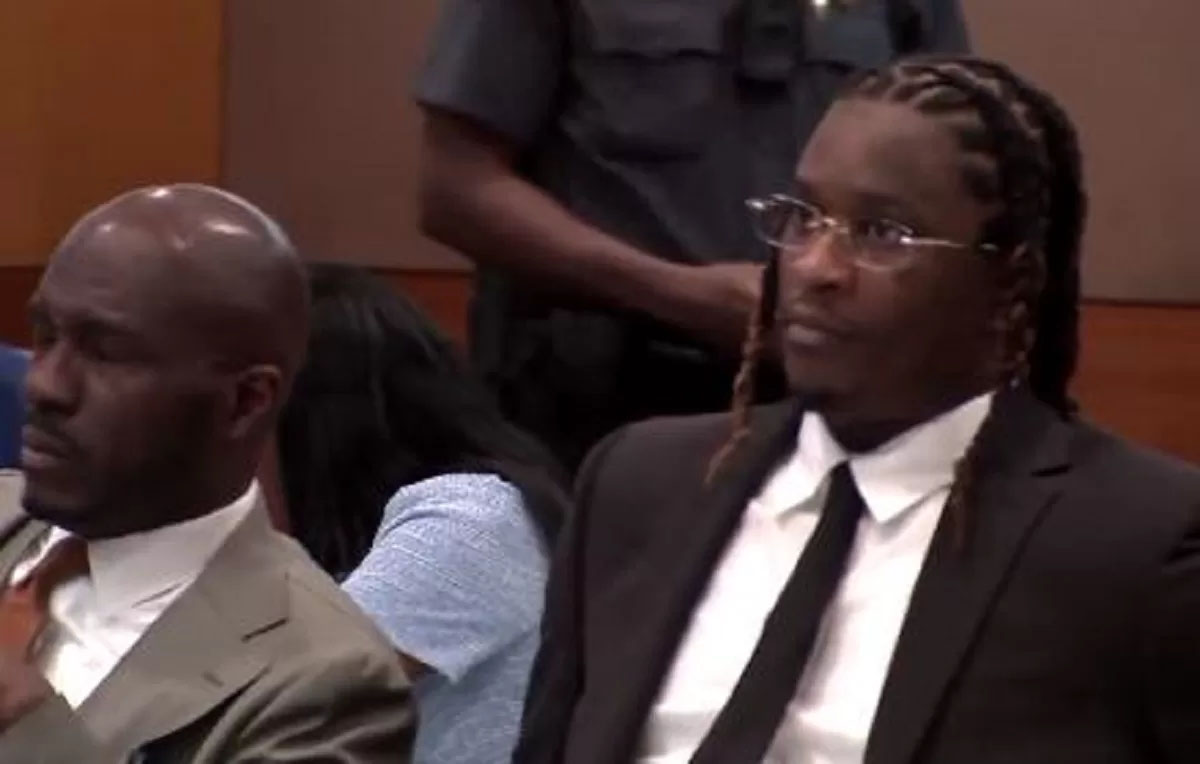
Photo Credit:Getty Images
Rapper Young Thug has been released after over 900 days in jail following a plea deal that concluded one of Georgia's longest and most controversial criminal trials. The 33-year-old artist, indicted under the state's Racketeer Influenced and Corrupt Organizations (RICO) Act, faced charges related to his alleged leadership of the Young Slime Life (YSL) gang, a group prosecutors claim was responsible for violent crimes in Atlanta. Though YSL initially appeared as a music label, authorities argued it functioned as a criminal syndicate linked to murder, drug trafficking, and robbery.
After unsuccessful plea negotiations, Judge Paige Reese Whitaker sentenced Williams to a total of 40 years, with credit for time served. His final sentence includes 15 years on probation with strict conditions: he cannot remain in metropolitan Atlanta for the first decade of probation unless attending specific events, and he must deliver anti-gang and anti-gun presentations four times a year. The sentence also includes 100 hours of annual community service and a ban on contact with gang members. Should Williams violate probation, he could face up to 20 additional years behind bars.
The lengthy trial began after Williams' May 2022 arrest on conspiracy and gang-related charges. Prosecutors initially sought a 45-year sentence, including 25 years in custody, but Judge Whitaker commuted the prison time. The trial witnessed various courtroom disruptions, including a recusal request for the original judge, Ural Glanville, after defense attorneys alleged he improperly pressured a witness. Additionally, Young Thug’s attorney Brian Steel faced contempt charges for refusing to reveal a source of information related to the judge's conduct.
In court, Williams expressed remorse, acknowledging the impact of his choices. "I take full responsibility for my crimes, for my charges," he stated, adding, "I've learned from my mistakes... I’m sorry." He told Judge Whitaker that his fame often placed him in difficult situations, leading to misunderstandings. "You can't be that way when you reach a certain height because it could end bad," he reflected. He further pledged to change his lyrical content, recognizing its influence on listeners.
Following plea deals taken by co-defendants earlier this week, Williams' case concludes with only two remaining defendants, marking the end of a significant chapter in Georgia’s judicial history.

















